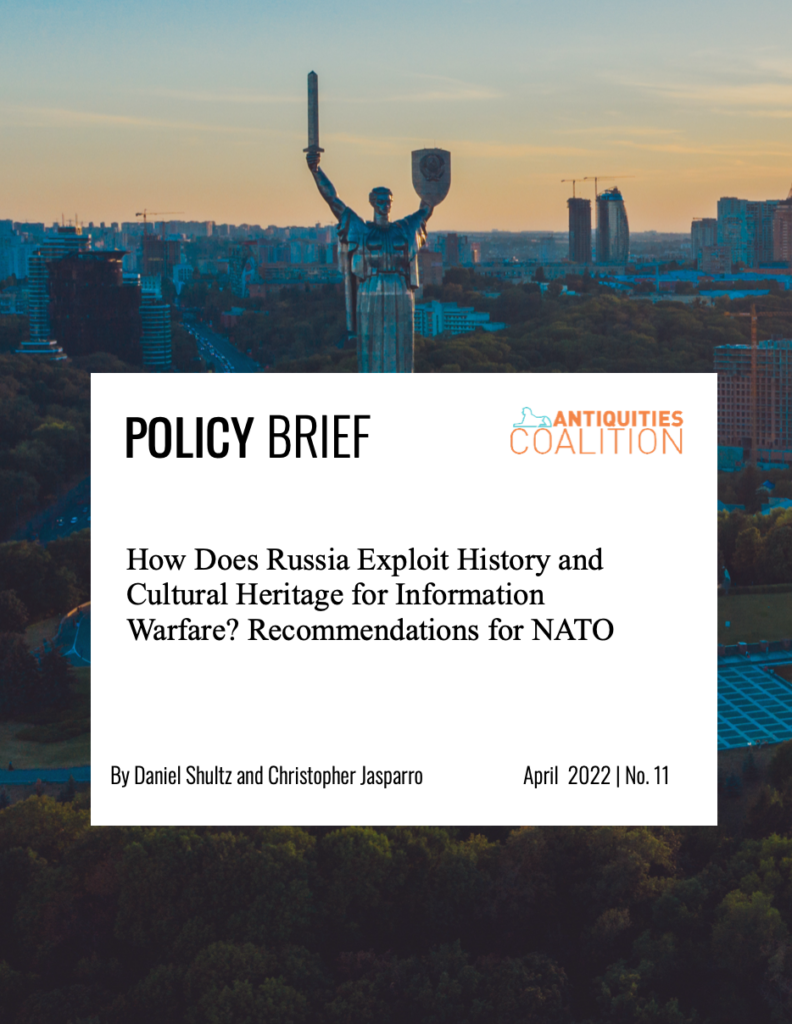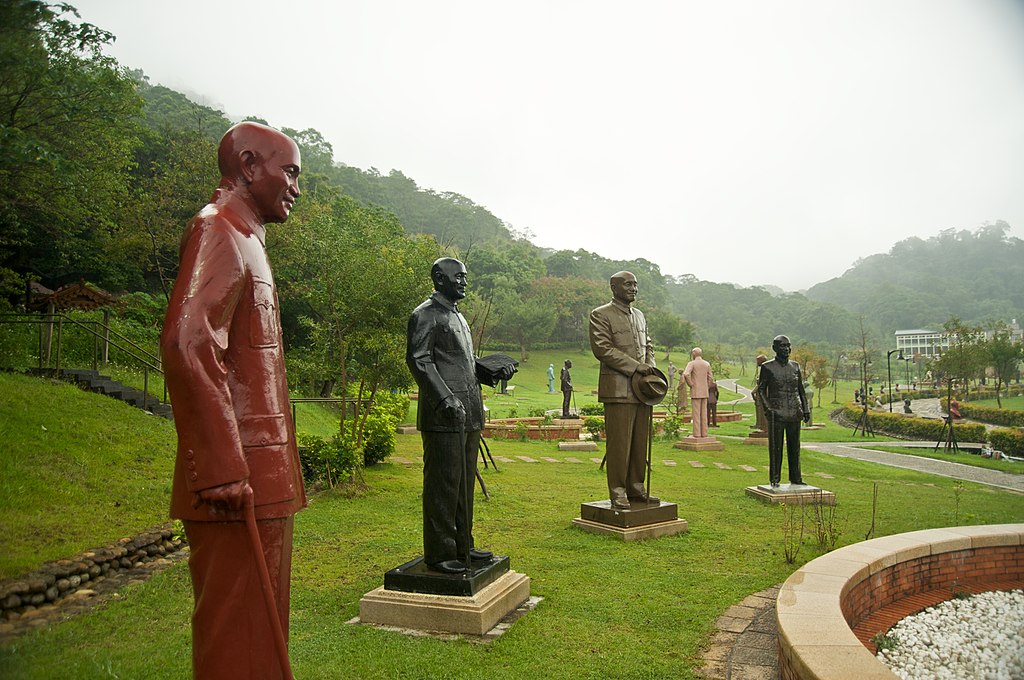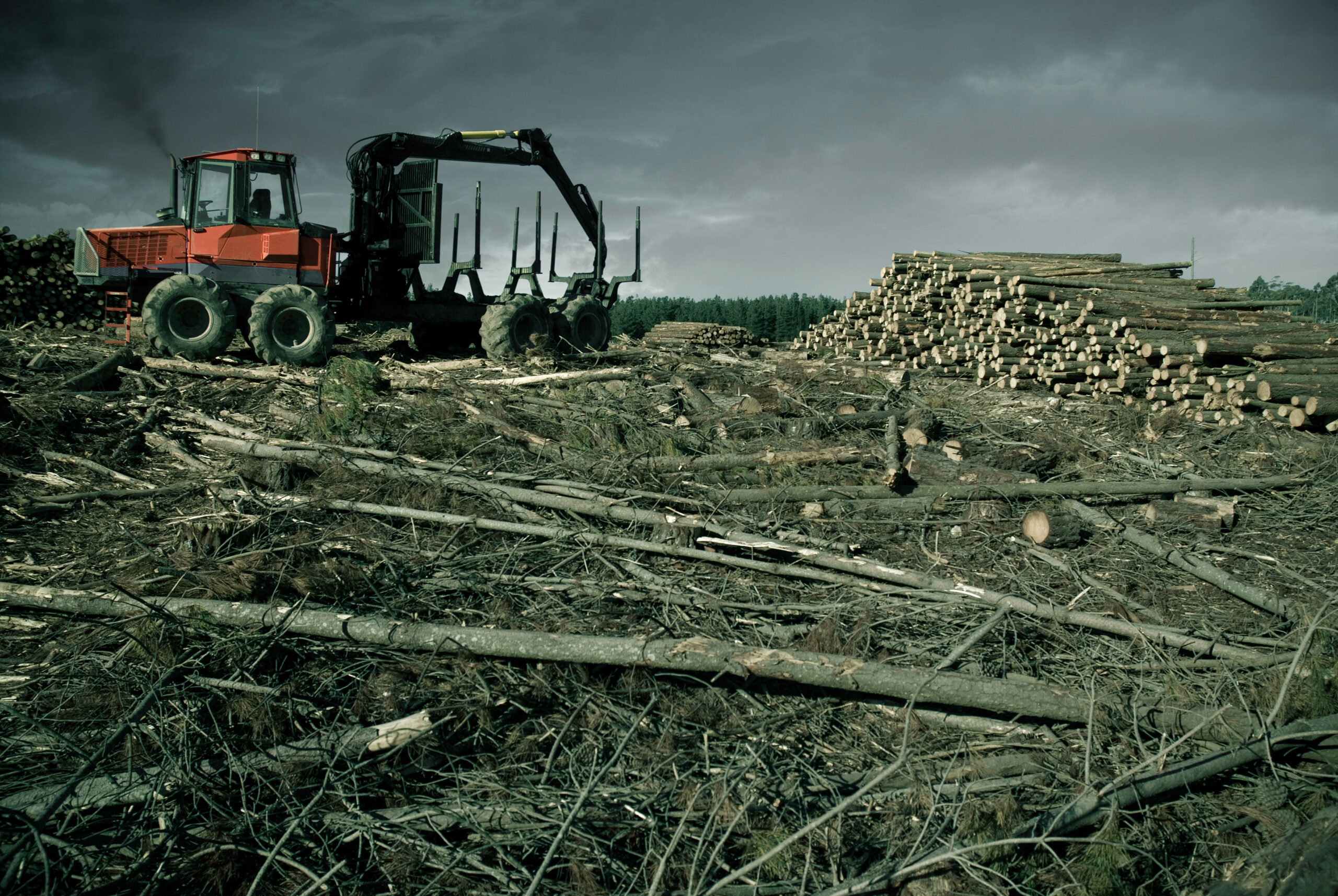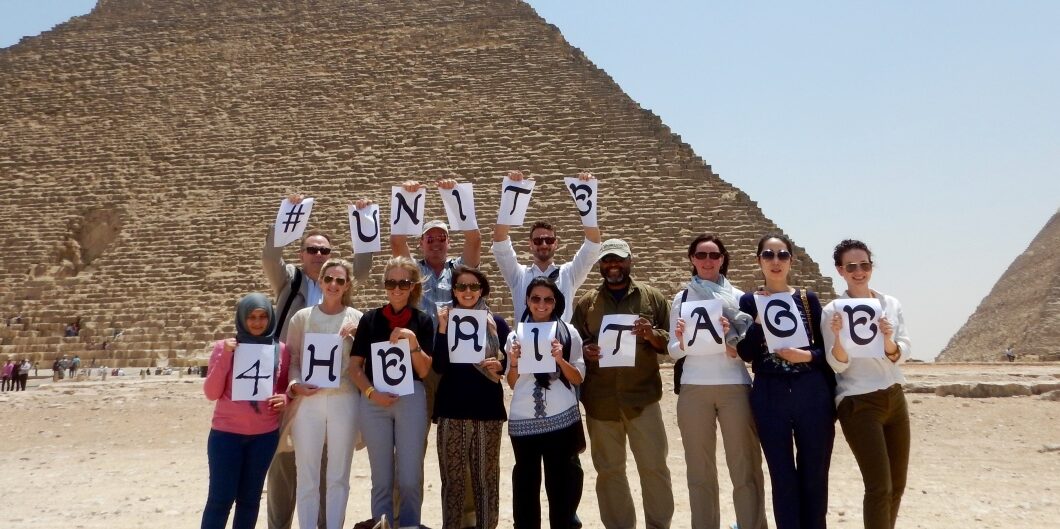Policy Brief No. 11
April 2022
Daniel Shultz and Christopher Jasparro*

Historical propaganda and exploitation of cultural heritage is a central component of Russia’s information warfare program targeting Ukraine and NATO’s eastern flank. The similarities in how Russia targeted Ukraine in the lead-up to its current invasion and how Russia targets the Baltic states and Poland are striking, indicating a heightened conventional threat to these states. In the case of degradation of Russia’s conventional capabilities and rapid changes to the information environment resulting from the Ukraine war, it is likely that Poland and the Baltic states will be targeted, in the medium term, by increasingly aggressive and novel sub-threshold threats, including history-based information warfare.
Russia uses revisionist historical narratives, particularly about the Soviet Union during and after WWII, to create tension between Russian diaspora populations and host nations, and between Russia and the West. These narratives seek to portray Russia’s opponents as neo-Nazis threatening the Russian diaspora and Russia itself, to question the basis of independent statehood in the Baltics and Ukraine, and to exacerbate Polish-Ukrainian historical grievances. Russia weaponizes its narratives on physical terrain by exploiting the status of controversial cultural property, especially Soviet WWII memorials that were installed in foreign states during the Cold War. In Ukraine, Russia further engages in destruction and looting of cultural heritage, and the creation of new monuments in occupied territories. Sub-threshold information warfare can lead directly to conventional war, and analysis of adversary historical propaganda narratives provides significant indicators of intent and potential conduct of operations.
This Policy Brief offers recommendations for NATO to raise institutional awareness of this threat in order to promote resilience, effective counters, and a more accurate understanding of adversary intent and vulnerabilities in the information environment.
“Understanding of the nature and role of historical propaganda and cultural heritage exploitation in contemporary warfare and geopolitics needs to be internalized within NATO and allied governments and militaries.”
Daniel Shultz and Christopher Jasparro
* The views expressed in this brief are the personal ones of the authors and do not represent any official position of the United States Naval War College, Navy, or Department of Defense.








